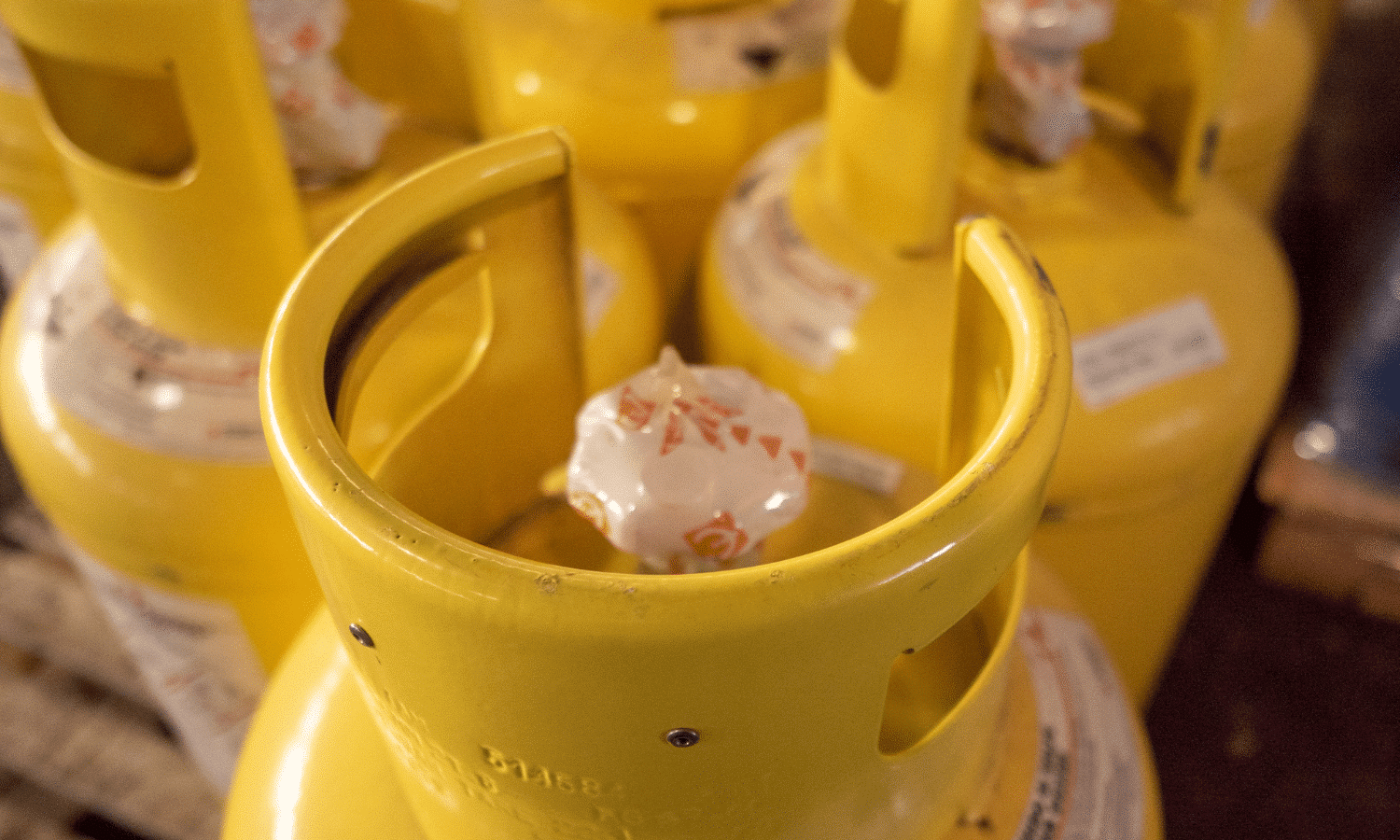
MAIN USES
In chemical industry: in the production of hydrosulphite, sulphoxilates, sulphites, bisulphites, thiosulphates, sulphonates, chlorine-sulphonate paraffins and sulphuryl-chloride, sulphitated aethanolamines, chromium basic sulphate, manganese sulphate, caprolactam, resins, dye intermediates.
In the production of phtalic anhydride (co-catalyst) and acrylic fibres (activator).
In food industry: in the preserving and bleaching treatment of dried and candied fruit, fruit syrup, citrus fruit, cherries, apples, fruit juices, potatoes, cereals, mushrooms, animal fats and oils.
In sugar industry as bacteriostatic, bleaching and acidifying agent.
In starch production as bacteriostatic.
In drinking water treatment, in order to remove the excess of chlorine.
In waste water treatment, as reductant of polluting metallic ions (chrome) and as oxidant of sulphide and cyanides.
In mining industry for extraction and refining (as floating agent) some metals from their respective ores.
In metallurgical industry, in order to produce a reducing environment during magnesium casting or as catalyst of resins in the manufacturing of casting moulds.
In textile and pulp & paper industry: as bleaching agent and for removing the excess of chlorine and peroxide.
In pharmaceutical industry, as antiseptic and disinfectant.
In the petroleum refinery, to remove (as solvent) sulphur-, oxygen- and nitrogen-containing compounds from kerosene and light oils.
In electric power stations for conditioning stack gas to facilitate removal of fly ash.
In the glass manufacture, as acidifying agent.
MORE INFORMATION
■ Packaging
Net weight kg Tare kg
Steel cylinders 58. 22
Steel drums 900 300
ISO containers ca. 20,000
Road tankers 25,000
Rail tankers 25,000/55,000
Connections for steel cylinders and drums: right-hand connections 21.7 mm diameter, 14 threads per inch.
DOCUMENTATION
For handling information please consult the documentation
Download:
